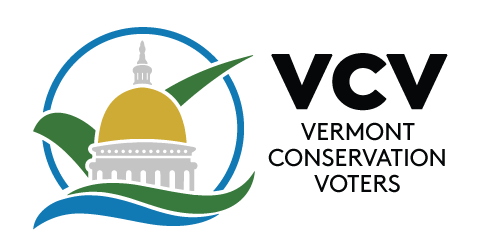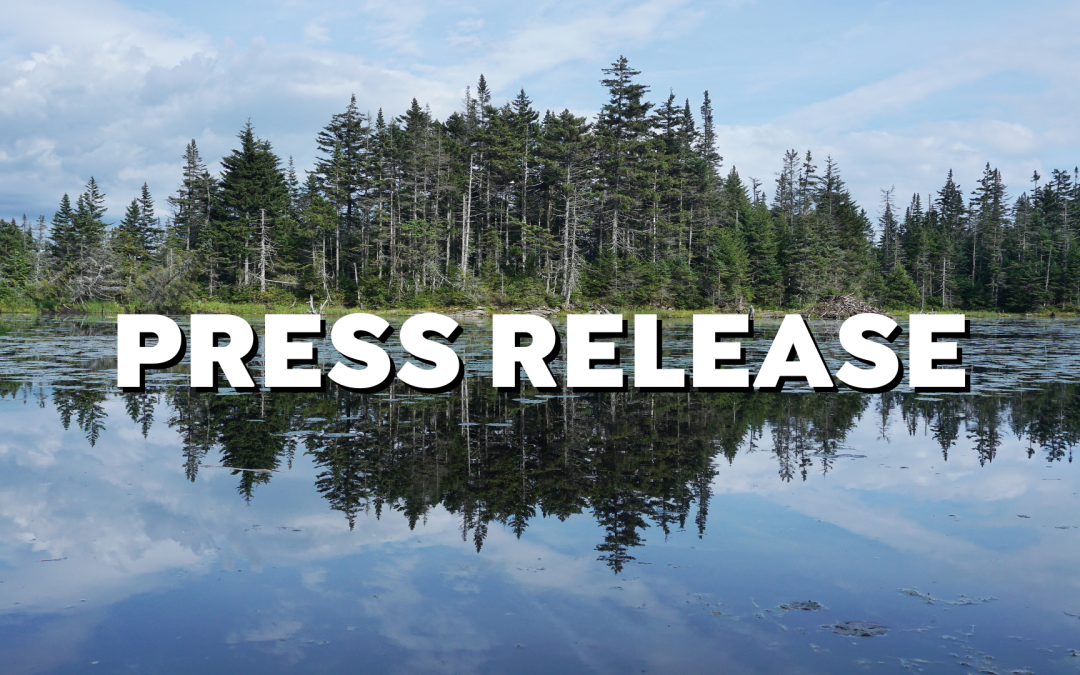Dear Chairs Sheldon and Bray:
The undersigned organizations, together as the Water Caucus, write to share our priorities as the 2023 legislative session reaches its final weeks. You can see a range of important water issues highlighted in Vermont’s 2023 Environmental Common Agenda. Below, we have updated our recommended actions to reflect the important work that your respective committees have already advanced on these priorities to date. Clean water is essential to Vermonters’ health, environment, economy, and quality of life. These priorities are important steps to ensuring clean water for all.
A. 2023 Priorities:
We appreciate that your committees are moving the following bills through the process this year. We look forward to working with you and your colleagues to get them across the finish line, with some suggested amendments as follows:
1. H.126: Community Resilience and Biodiversity Protection Act
We support this bill, recently passed by the House and now being considered in the Senate. Our members will continue to seek an expansion of the scope of this bill to include a reference to water resources as an integral component of land conservation and the ecological health of Vermont’s natural systems.
2. H.31: An act related to aquatic nuisance control
While not one of our initial priorities, this is another bill that we support and look forward to working with the Senate as it considers the House-passed version.
3. H.374: An act relating to establishing the Resilient Rivers Commission
The House has not yet had time to consider this bill, which would establish a process to develop recommendations for the protection of riparian zones. The recommendations that would be required by this legislation need to be completed by January 2024 in order for the General Assembly to consider legislation to implement those recommendations. For this reason, we ask that the language of this bill, or amended language acceptable to the Committees, be added as an amendment to another bill (such as H.31) in order to allow this process to move forward so action can be taken to better protect riparian areas next year.
B. Biennium Priorities:
As we look ahead to what we hope the legislature will accomplish to protect our waters this biennium, we hope to have the opportunity to discuss the following bills with you and your committees before the end of the 2023 session so that we can use the time over the coming summer and fall to respond to any questions or concerns that your committee members may have, and can be ready to move these priorities forward next year:
1. H.374: Riparian Zone Protection:
If the General Assembly passes H.374 or incorporates the concepts into another bill, then the legislature will be well-positioned to enter the 2024 session with well-developed recommendations for legislation to better protect riparian areas.
2. H.29: An act relating to development in mapped river corridors
This legislation is also vitally important to ensure that Vermont protects its communities from the risks of flooding and will also provide critical protections for the ecological health of our rivers.
3. H.30: An act relating to the regulation of wetlands
This bill is also crucial to protecting Vermont’s environment, including the quality of our waters, and strengthening community resilience to flooding. Vermont is well-positioned to reverse the historic loss of wetlands and to realize the many benefits of a net-gain policy that will promote wetland protection and restoration.
4. H.373: An act relating to use of expanded polystyrene foam in waters of the State
This bill requires the covering (encapsulation) of plastic foam (polystyrene) flotation, prohibits the use of open-cell foam, and bans the sale of certain foam flotation products. Passing this legislation would significantly reduce plastic pollution that harms wildlife, degrades water quality, trashes our beaches, and impairs wetlands.
5. S.81: An act relating to establishing the Chloride Contamination Reduction Program
The bill seeks to limit chloride contamination of surface and ground water through a reduction in road salt use that will protect water quality and reduce corrosion of state infrastructure while continuing to ensure public safety. This is achievable through ‘sensible salting,’ the implementation of best management practices, increased water quality monitoring, and the use of salt alternatives.
6. H.51: An act relating to establishing the Aquatic Nuisance Prevention Pass
The bill would require the Commissioner of Fish and Wildlife to issue an Aquatic Nuisance Prevention Pass annually to owners or operators of motorboats and non-motorized vessels operating in State waters. Fees on the sale of the Aquatic Nuisance Prevention Passes would be used for aquatic nuisance control in the State.
We realize that this is an ambitious agenda and we could not be more pleased to have you as partners as we work together to ensure the successful conversion of these policies into Vermont’s statutes. By acting on the issues we are highlighting, we will provide a modern and necessary level of protection for the “silver waters” described in our State Song, so especially critical as we respond to the dual and interrelated climate and biodiversity crises.
Sincerely,
Vermont Natural Resources Council
Conservation Law Foundation
Audubon Vermont
Connecticut River Conservancy
Lake Champlain Committee
Vermont Conservation Voters
cc: Representative Jill Krowinski, Vermont Speaker of the House
Senator Phillip Baruth, President Pro Tempore
___________________________
The coalition of organizations listed above, together as the Water Caucus, shared our priorities as the 2023 legislative session reaches its final weeks. The letter was sent to Representative Amy Sheldon, Chair of the House Committee on Environment & Energy, Senator Chris Bray, Chair of the Senate Committee on Natural Resources & Energy, and legislative leadership.

